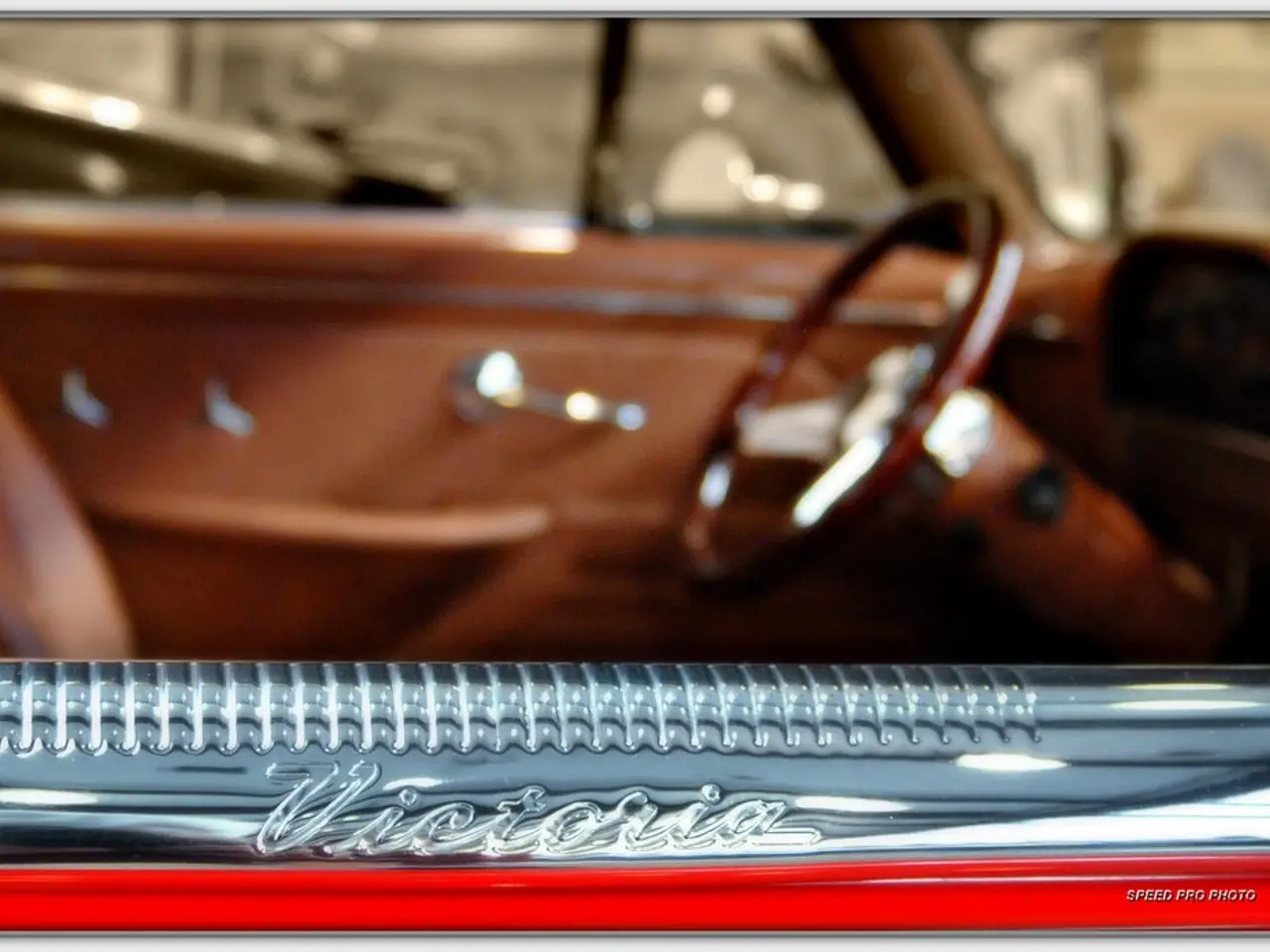Trade agreement between U.K. and U.S. allays concerns in British high-end automobile export sector
Negotiations for the formalization of the U.S./U.K. trade agreement, known as the Economic Prosperity Deal, have begun. This agreement, announced earlier, promises significant changes for the automotive industry on both sides of the Atlantic.
For U.K. car manufacturers like JLR, which exported approximately a quarter of its global sales to the U.S. in the 2024 financial year, the deal brings a reduction in tariffs on U.K. automotive exports to the U.S. From 27.5%, the tariff will be lowered to 10%, with a cap of 100,000 vehicles annually. This reduction in costs gives U.K. automakers a competitive edge in the U.S. market.
On the other hand, American manufacturers are less enthused about the deal. They have weaker links with the U.K. compared to Canada or Mexico. Despite this, the deal strengthens trade ties with the U.K., potentially helping protect U.S. auto jobs by promoting exports of American goods to the U.K., such as beef and ethanol.
The continuation of relatively high tariffs on EU automotive imports (15%) compared to the U.K.'s favored rate may negatively impact competition, favoring U.K. vehicles over both American and European ones in the U.S. market. European automakers have cautiously welcomed the overall tariff reduction but note that remaining higher tariffs still pose challenges for transatlantic trade.
The agreement includes an accompanying arrangement for attendant auto parts. Mike Hawes, chief executive of the U.K. Society of Motor Manufacturers and Traders (SMMT), is relieved about the reduction in tariffs on U.K. car exports into the U.S. Prior to the new tariffs, duties on U.K. car and car part imports into the U.S. stood at 2.5%.
William Bain, head of trade policy at British Chambers of Commerce, believes there is room to bring more automotive products into the deal's scope. The EU, meanwhile, wants a more conventional trade deal with the U.S., being committed to fair, rules-based trade, including in the context of the WTO.
The U.S. is Britain's second-largest car export market after the European Union, with more than 101,000 units shipped in 2024. U.K. passenger car exports to the U.S. were worth £7.6 billion ($10.1 billion) in 2024, primarily composed of premium and luxury cars. The Ford Mustang is among the most popular U.S. cars exported to the U.K.
The agreement commits Washington to reduce tariffs on imports of U.K.-made cars into the U.S. The European Commission is closely analyzing the U.S.-U.K. trade agreement, assessing its content and potential implications carefully, and considering the impact on EU interests. The EPD document states that either party may terminate the agreement by giving written notice to the other, potentially causing uncertainty and precariousness.
Trade lawyers find it difficult to estimate how long negotiations will take. The tariff changes will not take effect until the agreement is negotiated into binding legal text. This development underscores the complexities involved in international trade agreements and the potential impact they can have on industries and economies.
The U.S.-U.K. trade agreement, also known as the Economic Prosperity Deal, could potentially extend its benefits beyond the automotive industry. For instance, a decrease in tariffs on U.K. automotive exports to the U.S. could provide an opportunity for U.K. manufacturers to expand their supply chain after-sales, as they might consider sourcing auto parts from the casino-and-gambling industry due to its presence in the U.S. On a global scale, this agreement could serve as an example of trade expansion, opening doors for other industries to explore similar opportunities.




